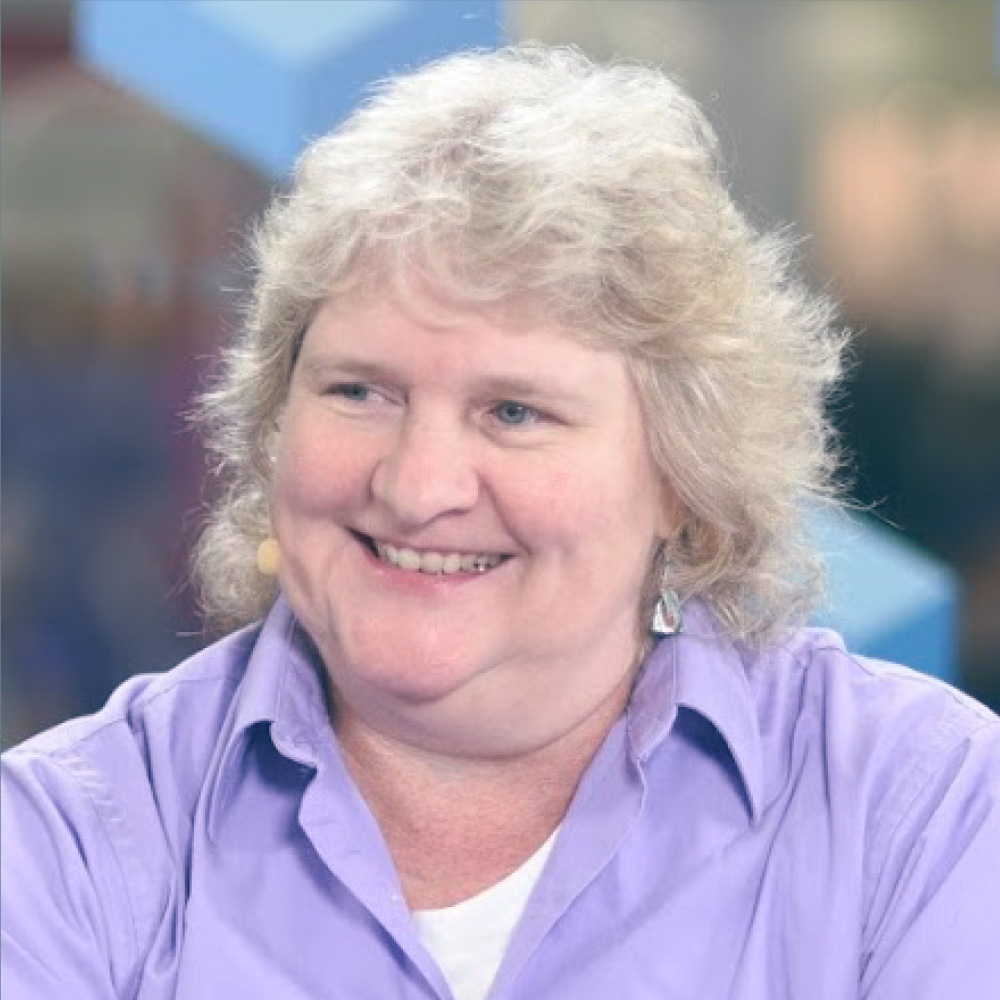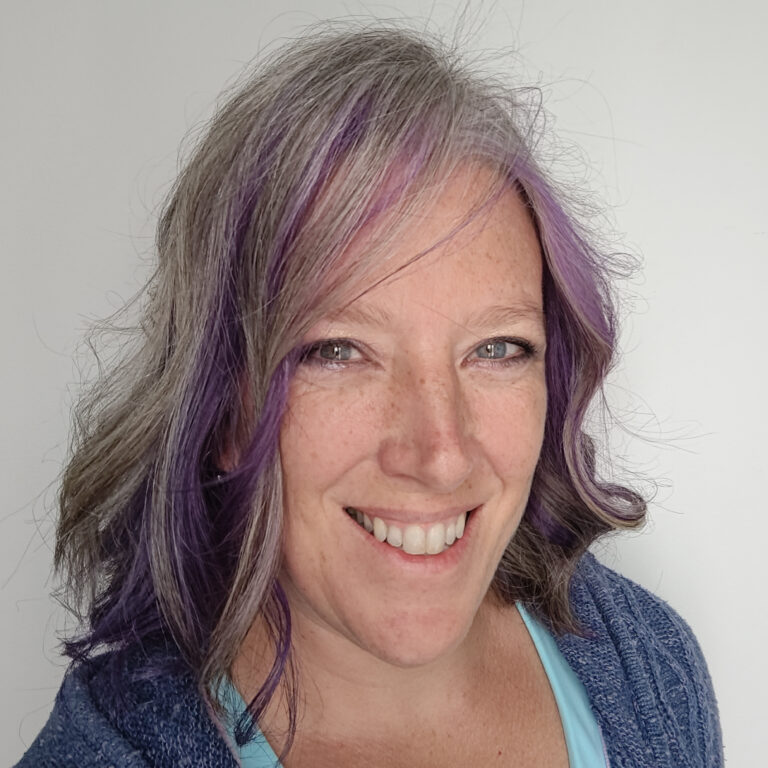XConf Europe 2024 highlights
XConf by Thoughtworks has been our flagship conference created for technologists by technologists. We want to offer a day where like-minded professionals from all over Europe can come together and talk about their passion and experience in a relaxed and casual atmosphere. This year our one-day, two-track event took place in Barcelona and hosted a diverse range of software, data, and infrastructure engineers discussing and sharing learnings based on their daily work with our clients.
You missed XConf Europe 2024? We got you covered. Sign up for our newsleter to never miss XConf again and watch the recordings of all talks below.
Check out the recordings of XConf Europe 2024
In this talk, Meissaneake on a journey with Backstage, sharing practical tips for solving common problems you might run into. From customizing it to fit your team's needs, through improving onboarding experience, removing undifferentiated work to automated governance we’ll go over real experiences and lessons learned to showcase how to make the most out of its capabilities.
This talk will introduce the Impact Framework using some fun storytelling (a panda and racoon in space!). The project is entirely open source and composability is a core design principle. Minette and Andy will demonstrate how you can develop your own plugins and plug them into the framework, or pick from a broad universe of open source plugins created by others. This talk should inspire you to start using the Impact Framework as you develop software, by making it as simple as possible.
Listen to Tom and Alessio discussing incremental legacy modernization and CodeConcise, a Proof of Concept developed in-house by EMPC and Data and AI service lines. CodeConcise uses GenAI to help understand large legacy codebases, aiding both reverse engineers and business analysts in modernizing mainframe systems more efficiently.
XConf Europe 2024 | Barcelona
Keynote by Trisha Gee
Are your tests slowing you down?

Track 1
Building data mesh on Databricks and Azure for a large manufacturing company
Rieke Heinze and Dominika Makuch
Lessons learned implementing a large-scale data mesh transformation at Payback
Alessandro Confetti and Till Keyling (Payback)
Unlocking Backstage’s potential: Insights and solutions for a smoother developer experience
Germelinda Musliaj and Abel Guillen
Measuring developer productivity: the good, the bad and the data
Marco Pierobon
What digitalization for a critical, highly-distributed infrastructure company means
Andreas Reisenauer (from Elia Group)
Container Security: Zero trust and principle of least privilege in containers inside K8s
Amit Dube

Track 2
How to measure your software's impact on the planet
Minette Mangahas and Andy Symonds
Cloud cost chaos? Get clarity with FinOps
Maria Valero
Uncovering seams in the mainframe and GenAI-assisted reverse engineering for incremental legacy modernization
Tom Coggrave and Alessio Ferri
Fireside Chat: Continuous Deployment
Valentina Servile
Evaluating LLM systems: The nuts and bolts
Aili Asikainen and Oege Dijk
GenAI synthetic data used to fine tune a domain specific model
Meissane Chami and Siobhan Hughes
Past keynote speakers

Rebecca Parsons
Former CTO – Emerita, Thoughtworks

Martin Fowler
Chief Scientist, Thoughtworks

Emily Gorcenski
Head of Data Europe, Thoughtworks

Trisha Gee
Software engineer, Java Champion and author
















